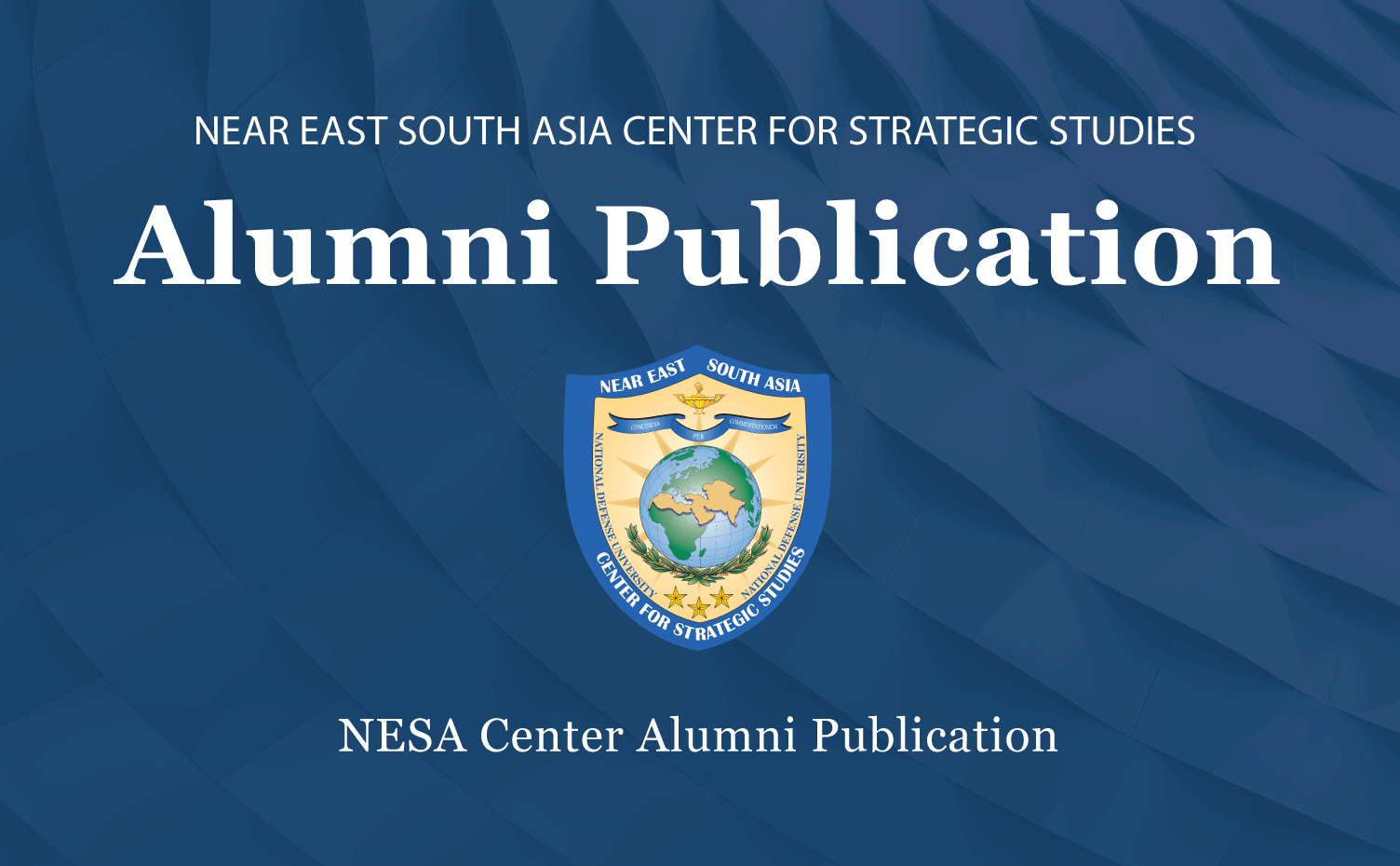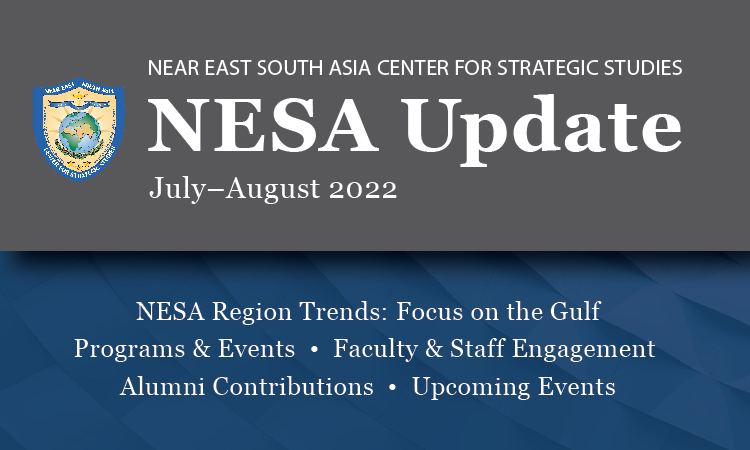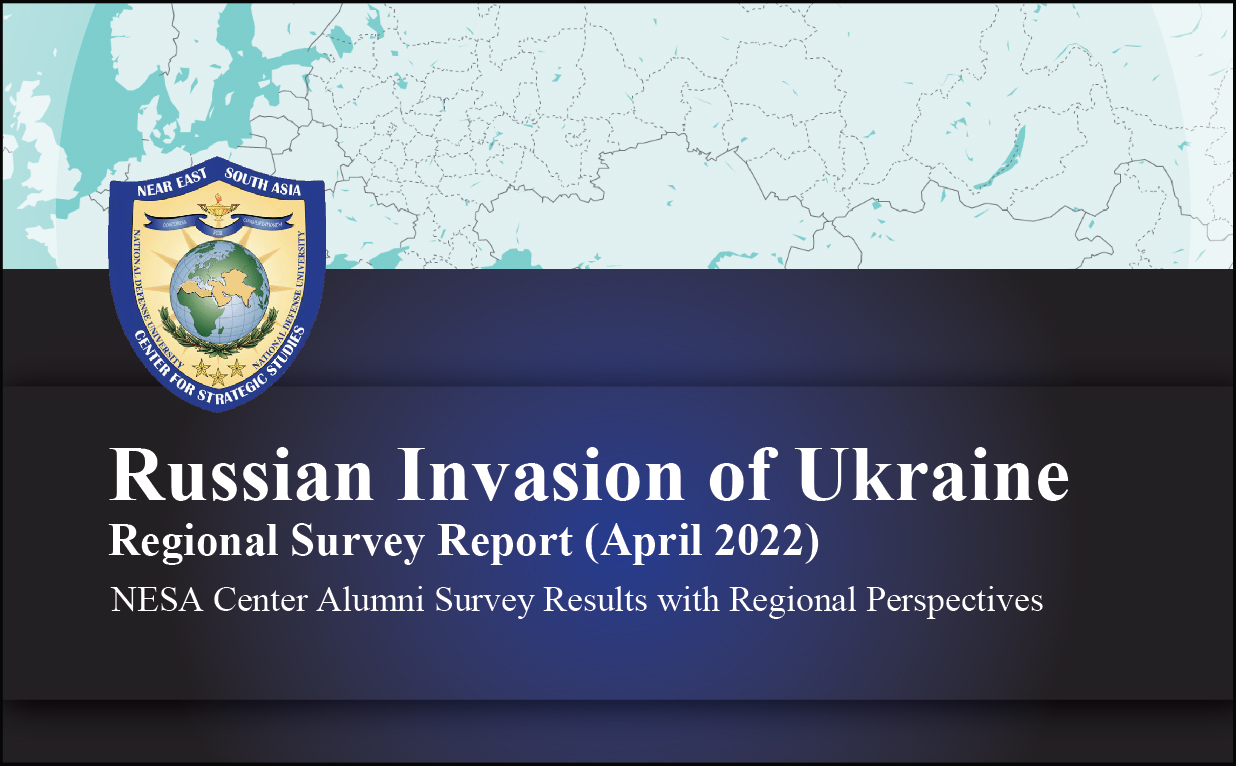
NESA Center Alumni Publication By Asanga Abeyagoonasekera, Senior Fellow, The Millennium Project 15 September 2022 Political and economic dysfunction is an invitation for terrorism to flourish in the least integrated region in the world, South Asia. P.R Chari, director at IPCS India, captured this a year after the 9/11 attack in a paper called “Combating Read More >

